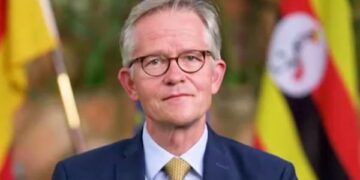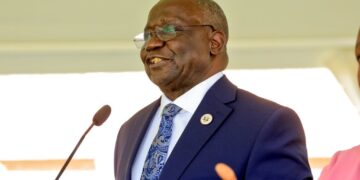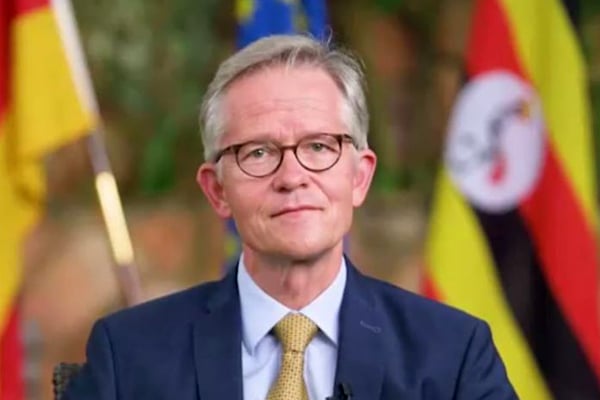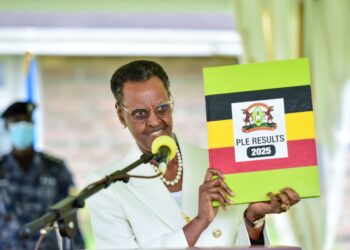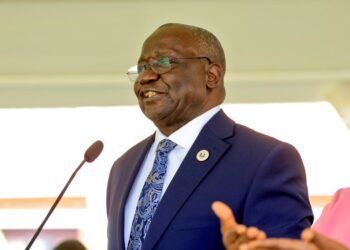By Leonard Kamugisha Akida,
KAMPALA
The Government of Uganda has launched a scathing diplomatic accusation against the German Ambassador to Uganda, His Excellency Mathias Schauer, alleging that he has engaged in “illegal and clandestine” activities that undermine the country’s internal security.
The allegations emerged following intensified operations by Uganda’s security and intelligence agencies, which over recent months have led to the arrest of multiple suspects allegedly linked to organised armed rebellion, terrorism, and the extensive sabotage of electricity infrastructure across central Uganda.
Speaking on condition of anonymity, a senior security official confirmed to Parrots UG that intelligence reports point to foreign involvement in the funding and coordination of these subversive activities. “There is credible evidence connecting some European diplomatic missions to efforts aimed at destabilising Uganda’s peace, and the German Embassy is a key focus of our investigation,” the source said.
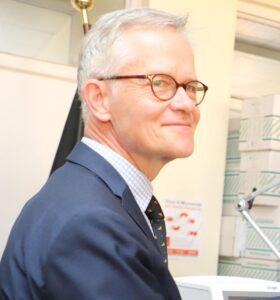
A statement issued by Uganda’s Inter-Agency Security Committee — comprising the Uganda People’s Defence Forces (UPDF), Uganda Police Force, Prisons Service, and national intelligence bodies — singled out Ambassador Schauer, accusing him of engaging in activities contrary to the Vienna Convention on Diplomatic Relations (1961).
“These actions are not only undiplomatic but threaten the sovereignty and peace of Uganda,” read the statement, noting that the matter is being addressed through appropriate diplomatic channels. No specific evidence has yet been made public.
In recent months, Uganda has seen a spike in targeted acts of economic sabotage, particularly the vandalism of power lines in districts such as Wakiso, Mukono, Kayunga, and Masaka. Authorities say the destruction is aimed at crippling public services and sowing discontent ahead of general elections slated for early next year.
Among those arrested are individuals alleged to have links with opposition political groups, especially the National Unity Platform (NUP). Many have already appeared before courts and remain in custody pending trial.
The government has warned of a growing campaign to radicalise unemployed youth in urban slums, particularly in the greater Kampala area, with some suspects accused of plotting to bomb public areas.

In its latest move, the Inter-Agency Security Committee resolved to intensify crackdowns on what it calls “rebel infrastructure,” including arresting and prosecuting not just operatives but also financiers and foreign collaborators.
While the German Embassy has yet to issue a formal response, the allegations mark a significant deterioration in bilateral relations between Kampala and Berlin.
The government has also used the moment to urge young Ugandans to reject calls to rebellion, instead encouraging them to participate in state-led wealth creation and youth development programmes.
Diplomatic observers warn that these developments could prompt retaliatory measures or expulsions if the accusations against Ambassador Schauer escalate. Meanwhile, rights groups and opposition figures fear the widening security clampdown may serve as a pretext to stifle dissent ahead of the elections.
Reliable sources told this publication that Uganda’s Ministry of Foreign Affairs is expected to brief foreign missions later this week
